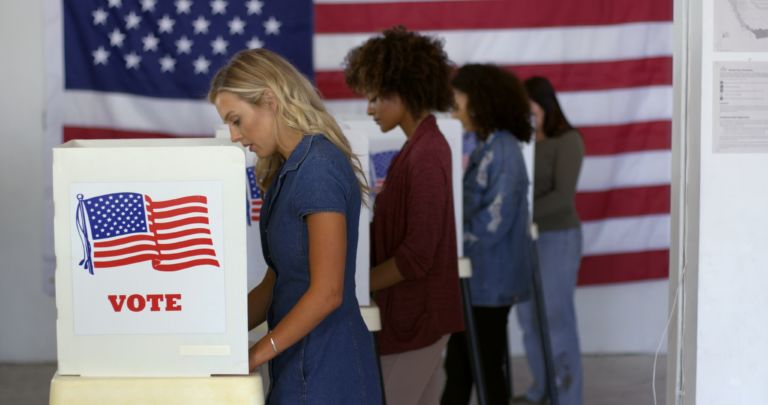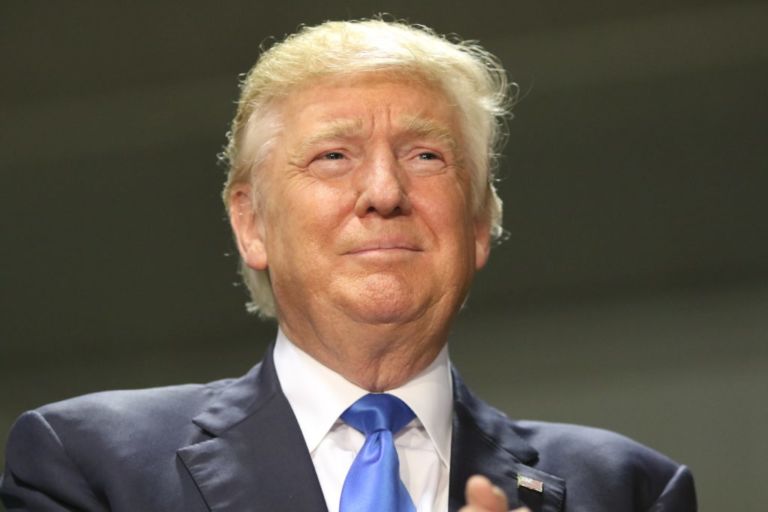Andrew McCarthy of National Review Online reminds readers about inconvenient facts from Hillary Clinton’s past.
Rich’s excellent column today recalls the 1992 Clinton-campaign escapades that would have to be deemed actionable election theft under today’s Bragg standards — i.e., the prosecutorial guidelines applied by Manhattan’s elected progressive Democratic district attorney, Alvin Bragg.
I pile on just to point out that Hillary Clinton — who, as Rich remarks, was “an active participant” in what Bragg would frame as a conspiracy to steal an election by suppressing negative information in violation of federal campaign-finance laws — is a recidivist offender, having similarly schemed to steal the 2016 election. What’s more, on that latter occasion she employed the same pretend-it’s-legal-fees artifice that the Clintons used in 1992 and that her rival, Donald Trump, is also alleged to have used in 2016.
Regarding 1992, the Clinton campaign used a law firm as the intermediary for tens of thousands of dollars in payments to a private investigator (Jack Palladino) whose task was to obtain the silence of women who claimed to have had affairs with Bill Clinton. As Rich elaborates:
This assured that only the Denver law firm showed up in disclosures with the Federal Election Commission. How was the payment categorized? As legal fees (reminder: Trump is getting prosecuted because he booked his payments to Michael Cohen, his equivalent of Palladino, as legal fees rather than reimbursement of a loan).
Well, it turns out that this 1992 tactic — booking as legal fees what might euphemistically be called “research” — was the blueprint for the 2016 Hillary Clinton campaign, in cahoots with the Democratic National Committee. They paid their law firm, Perkins Coie, which retained the research firm Fusion GPS and its contractor, former British spy Christopher Steele, to generate the farcical Steele dossier that was shared with the FBI, the State Department, and the media to smear Trump as a clandestine agent of the Kremlin.


